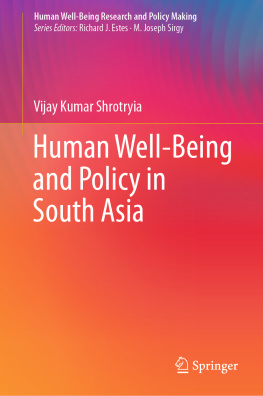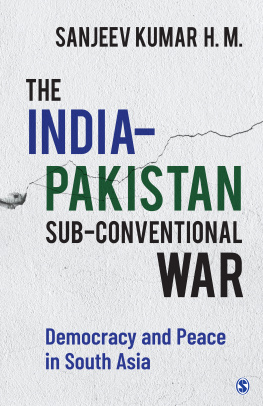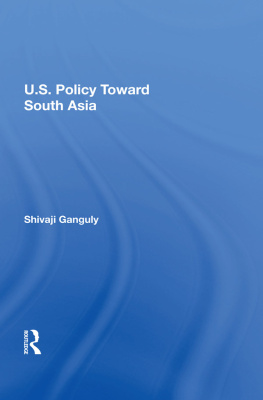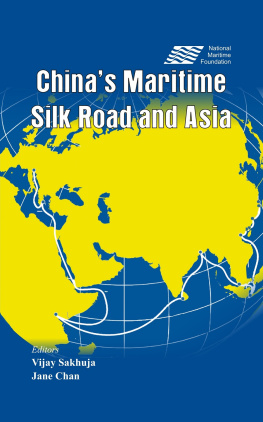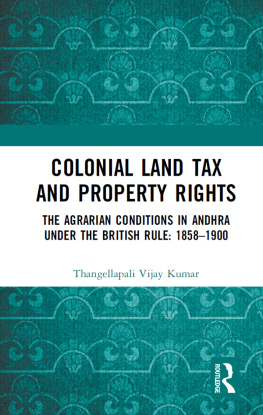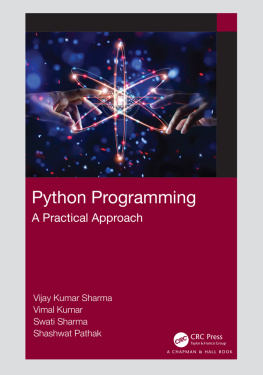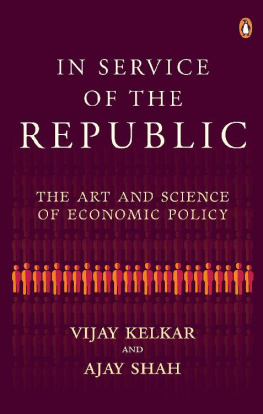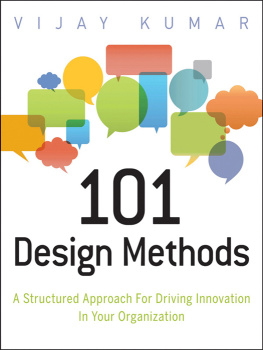Vijay Kumar Shrotryia - Human Well-Being and Policy in South Asia
Here you can read online Vijay Kumar Shrotryia - Human Well-Being and Policy in South Asia full text of the book (entire story) in english for free. Download pdf and epub, get meaning, cover and reviews about this ebook. year: 2020, publisher: Springer International Publishing, genre: Politics. Description of the work, (preface) as well as reviews are available. Best literature library LitArk.com created for fans of good reading and offers a wide selection of genres:
Romance novel
Science fiction
Adventure
Detective
Science
History
Home and family
Prose
Art
Politics
Computer
Non-fiction
Religion
Business
Children
Humor
Choose a favorite category and find really read worthwhile books. Enjoy immersion in the world of imagination, feel the emotions of the characters or learn something new for yourself, make an fascinating discovery.
- Book:Human Well-Being and Policy in South Asia
- Author:
- Publisher:Springer International Publishing
- Genre:
- Year:2020
- Rating:5 / 5
- Favourites:Add to favourites
- Your mark:
- 100
- 1
- 2
- 3
- 4
- 5
Human Well-Being and Policy in South Asia: summary, description and annotation
We offer to read an annotation, description, summary or preface (depends on what the author of the book "Human Well-Being and Policy in South Asia" wrote himself). If you haven't found the necessary information about the book — write in the comments, we will try to find it.
Human Well-Being and Policy in South Asia — read online for free the complete book (whole text) full work
Below is the text of the book, divided by pages. System saving the place of the last page read, allows you to conveniently read the book "Human Well-Being and Policy in South Asia" online for free, without having to search again every time where you left off. Put a bookmark, and you can go to the page where you finished reading at any time.
Font size:
Interval:
Bookmark:
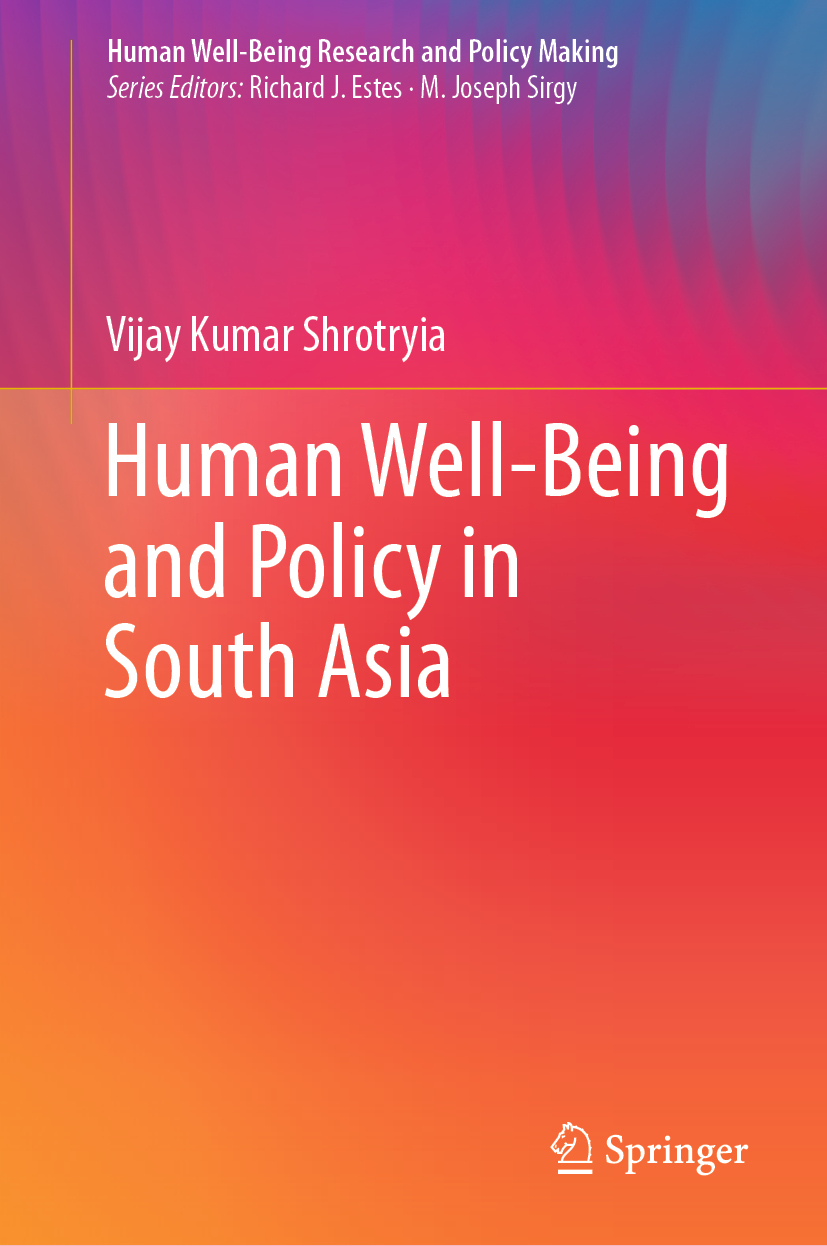
This series creates a dialogue between well-being scholars and well-being public policy makers.
Well-being theory, research and practice are essentially interdisciplinary in nature and embrace contributions from all disciplines within the social sciences. With the exception of leading economists, the policy relevant contributions of social scientists are widely scattered and lack the coherence and integration needed to more effectively inform the actions of policy makers.
Discussions of the public policy and well-being focused on particular nations and worldwide regions
Discussions of the public policy and well-being in specialized sectors of policy making such as health, education, work, social welfare, housing, transportation, use of leisure time
Discussions of public policy and well-being associated with particular population groups such as women, children and youth, the aged, persons with disabilities and vulnerable populations
Special topics in well-being and public policy such as technology and well-being, terrorism and well-being, infrastructure and well-being.
More information about this series at http://www.springer.com/series/15692

This Springer imprint is published by the registered company Springer Nature Switzerland AG
The registered company address is: Gewerbestrasse 11, 6330 Cham, Switzerland
For my parents
Sri B. P. Shrotryia (late) and Smt. Sharda Devi
Bhutan has played a key role in introducing the concept of happiness and well-being to me and to the world as well. I worked there between 1993 and 2002 and developed an academic interest in the study of quality of life, happiness and well-being. The emphasis on policies towards improving quality of life and well-being through the focus on Gross National Happiness rather than gross domestic product has been a pivotal development. It has been able to generate academic interest among social scientists and policymakers. Bhutan is one of the smallest countries in South Asia, containing less than a million people in total population. Though it is one of the least developed nations across globe, its primary focus has not been to develop economically; rather it has been to prioritize happiness over income. This development philosophy has made Bhutan unique and noble.
Generally, human beings aspire to be happy. State policy works to facilitate this human aspiration. The policies are crafted to create, maintain and harness those conditions which are conducive to assure human well-being. The previous century witnessed significant transformations with respect to the development of physical infrastructure amid geopolitical changes, turmoil and adjustments. New economic systems to measure social and human progress were introduced which gained universal acceptance by development institutions and the developed nations of the world. However, overemphasis on economic policies and growth, leading towards increase in income, did not positively translate in improving human well-being vis--vis human happiness. The same is true of South Asia. South Asia has eight sovereign countries, each with diversities in religion, language and culture. It is the most populous and the most densely populated region in the world and possesses rich resources with potential to become one of the most vibrant economic regions of the world in general. This book is designed to shift policy focus towards improving the general well-being of people in this region.
A couple of years ago, I had written a chapter titled History of Well-Being in South Asia (co-author Krishna Mazumdar) forThe Pursuit of Human Well-BeingThe Untold Global History, edited by Professor Richard J. Estes and Professor M. Joseph Sirgy. While preparing that chapter, we realized that it could be expanded into a book of this kind. The motivation, guidance and academic mentoring by both of the editors culminated into this book. This book is organized around policies in all the eight South Asian countries (Afghanistan, Bangladesh, Bhutan, India, the Maldives, Nepal, Pakistan and Sri Lanka), specifically focusing on policy relating to education, health, governance and economic development. It discusses vulnerabilities related to these broad themes with the support of data published by the World Bank and other agencies. It then identifies and compares the indicators related to these domains in order to make appropriate recommendations.
This book is divided into five chapters, which include the An Introduction to Human Well-Being, Policy and South Asia Region, Human Well-Being Indicators in South Asia Region, Major Policy Interventions for Human Well-Being in South Asia, Human Well-Being Policy and Discussion and Conclusion and the Way Forward. I have incorporated a brief discussion on Bhutans journey to adopt the Gross National Happiness metric in order to provide background information, practical aspects and outcome as obtained from the published reports and statistics, and have discussed the contributions made by some pathbreakers (Mohd. Yunus from Bangladesh, Mehbub Ul Haque and Malala Yousafzai from Pakistan, and Kailash Satyarthi from India) from the region in the recent past wherever relevant. The book concludes with a summary of the outcomes and a note on building a case for considering human well-being as a future policy focus apart from GDP. It outlines expected policy interventions and finally provides a summary of the strengths, weaknesses, opportunities, and threats of each of the countries in the region.
Font size:
Interval:
Bookmark:
Similar books «Human Well-Being and Policy in South Asia»
Look at similar books to Human Well-Being and Policy in South Asia. We have selected literature similar in name and meaning in the hope of providing readers with more options to find new, interesting, not yet read works.
Discussion, reviews of the book Human Well-Being and Policy in South Asia and just readers' own opinions. Leave your comments, write what you think about the work, its meaning or the main characters. Specify what exactly you liked and what you didn't like, and why you think so.

